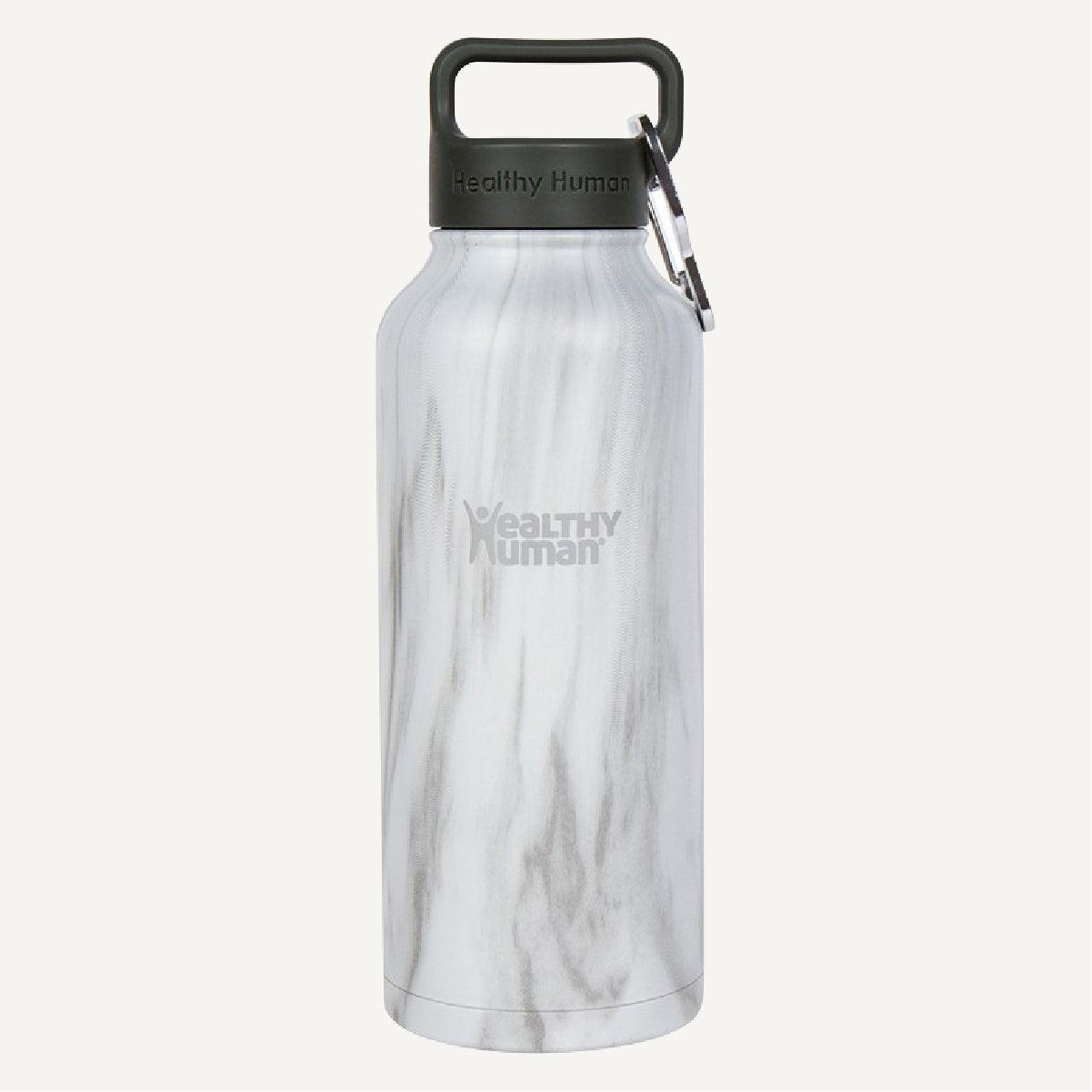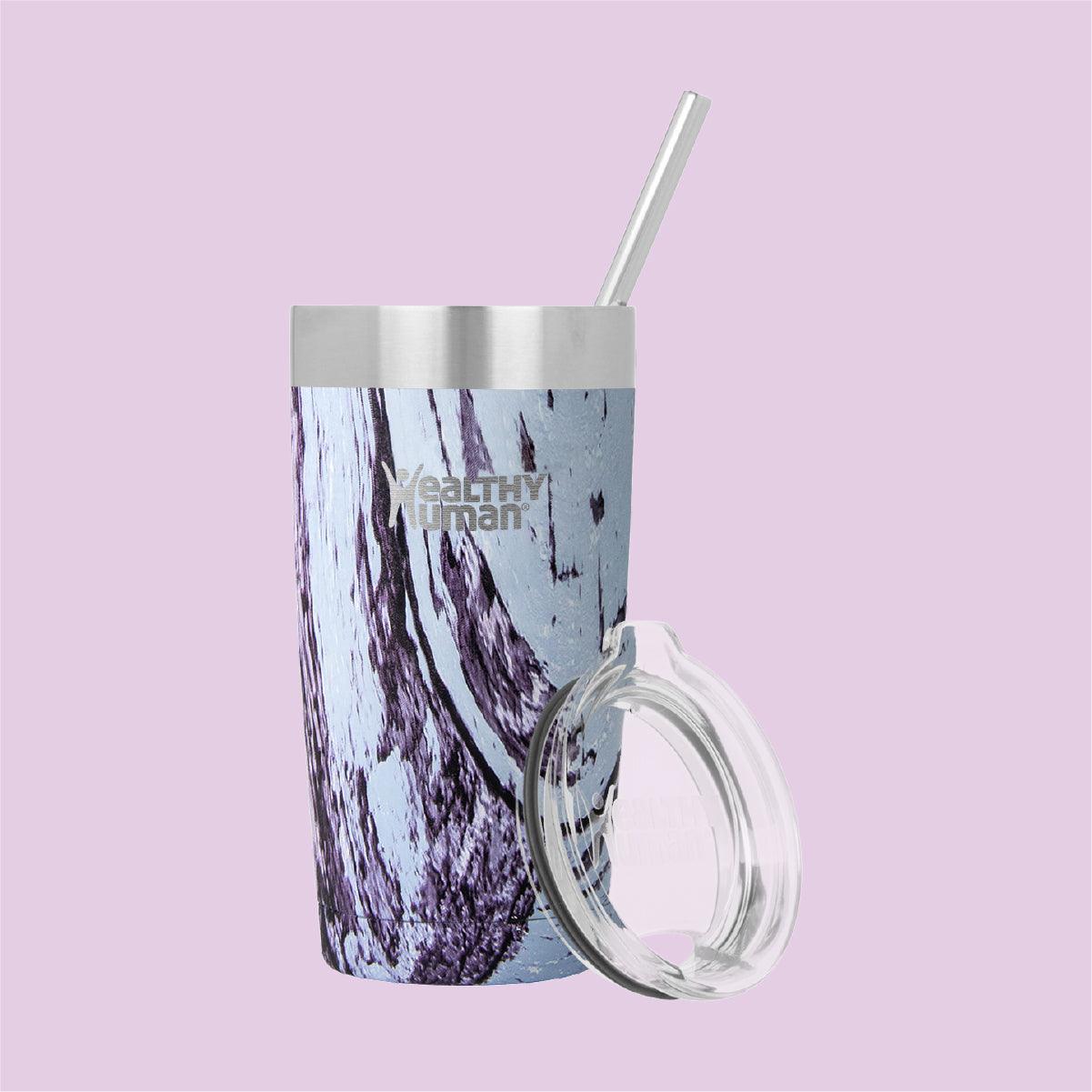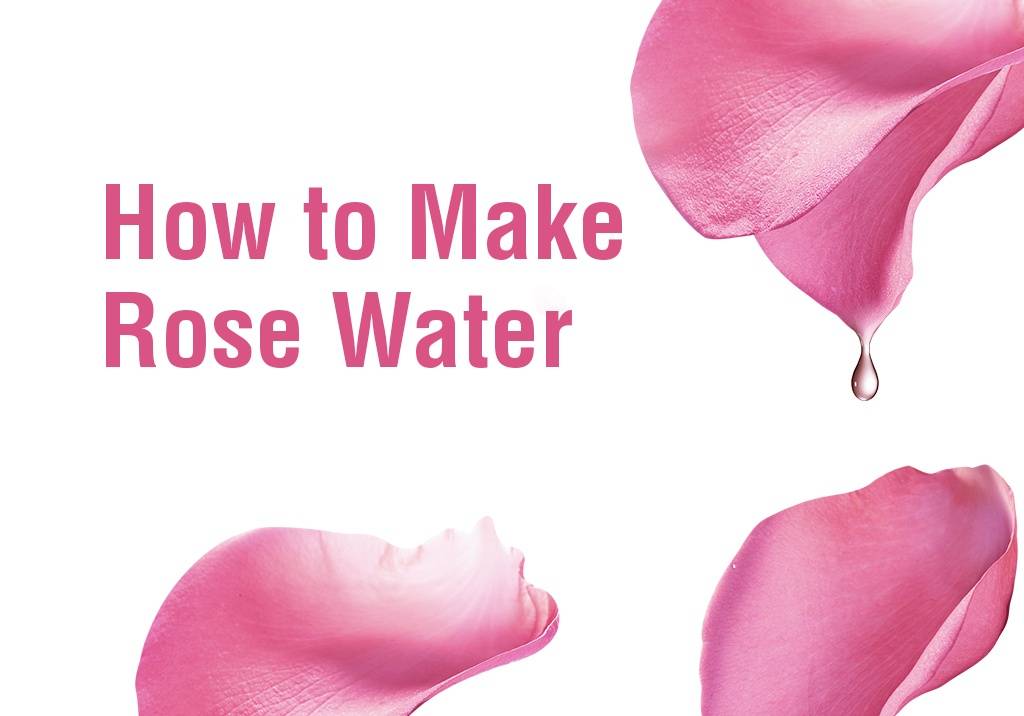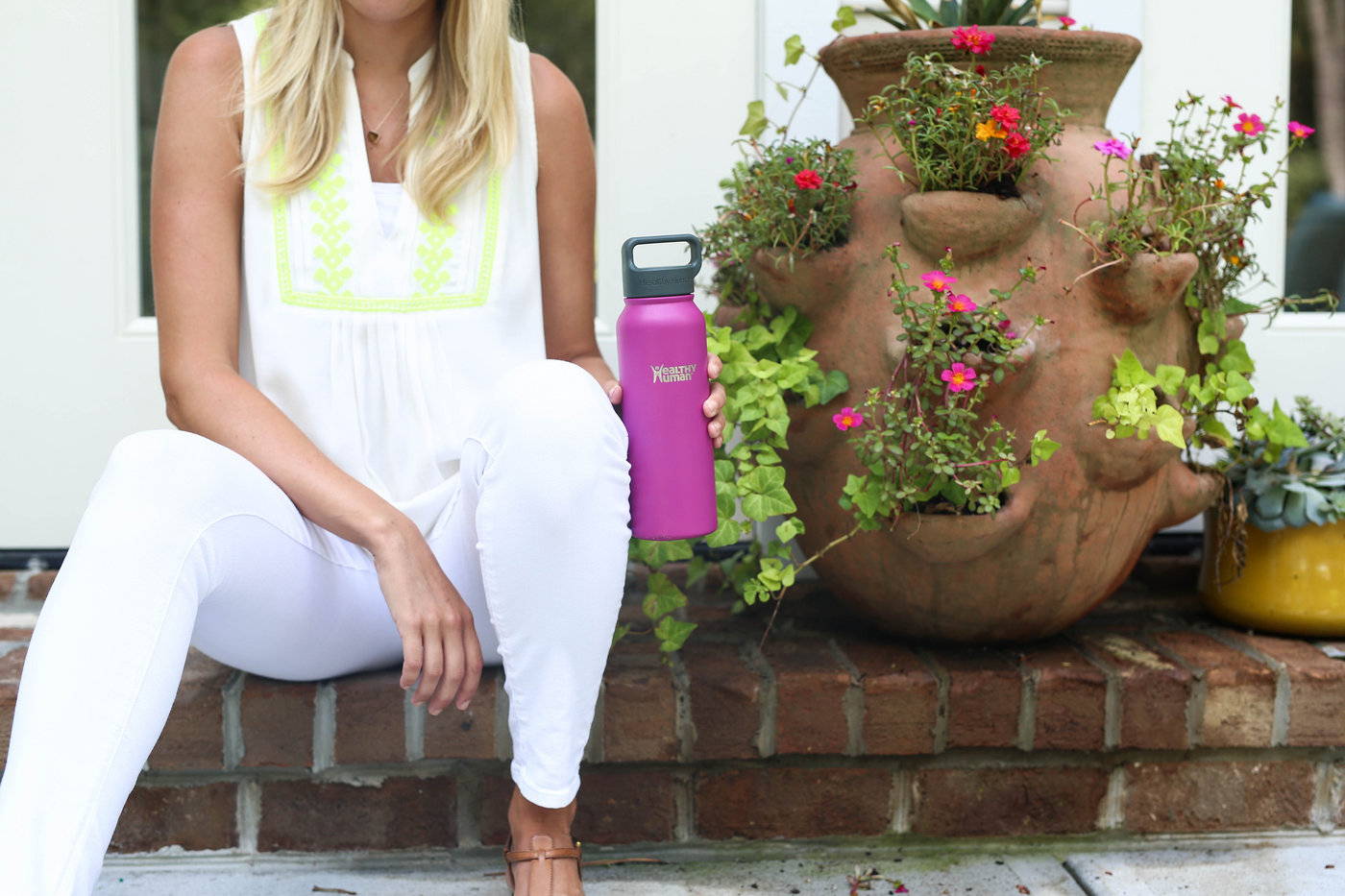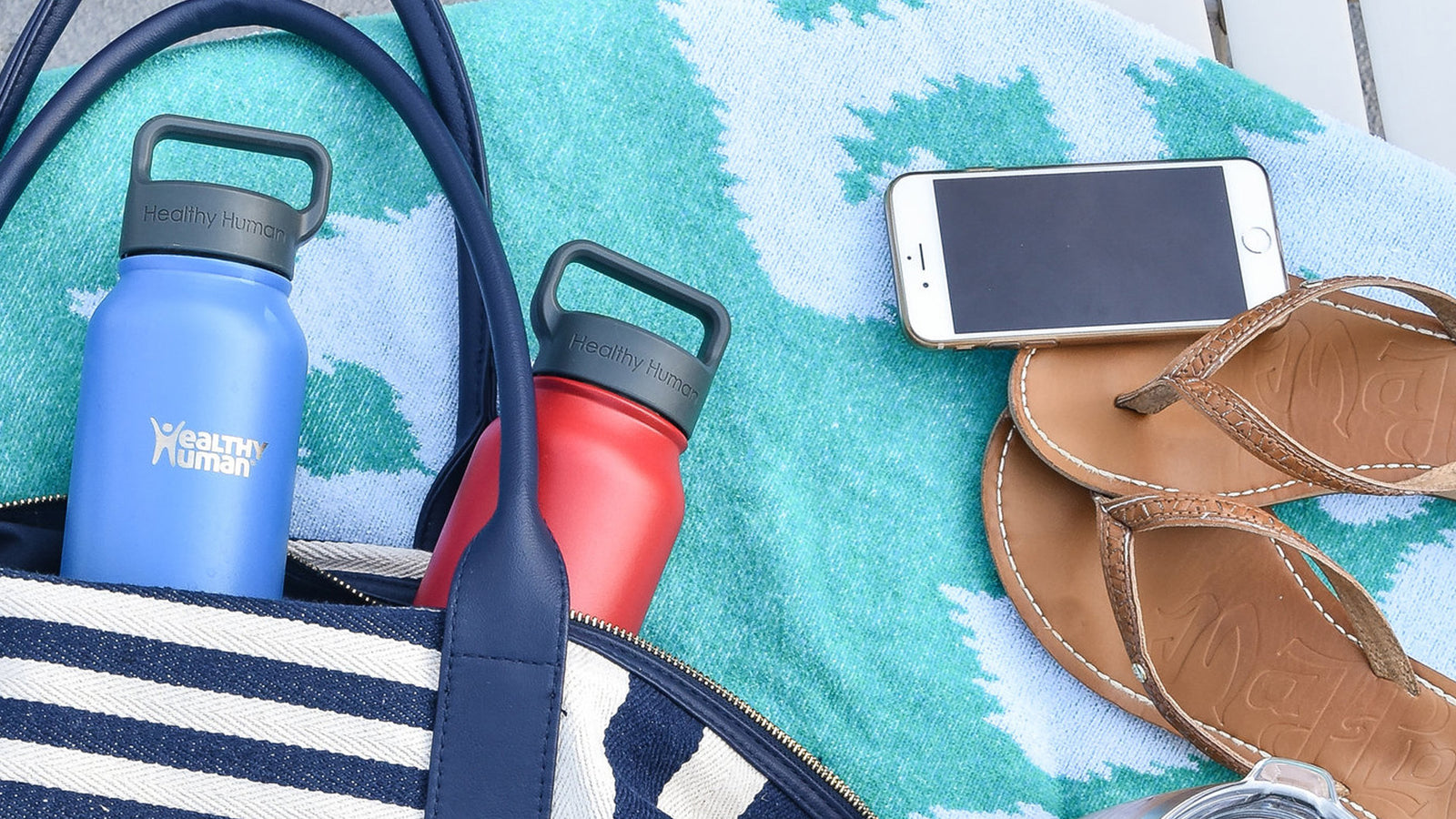How to Make Rose Water: A guide to using rose water for aromatherapy, flavor and more!
Here’s everything you need to know about how to make rose water and how the ancient remedy can help you with everything from blemishes to stress relief and more.
Rose water: A brief history
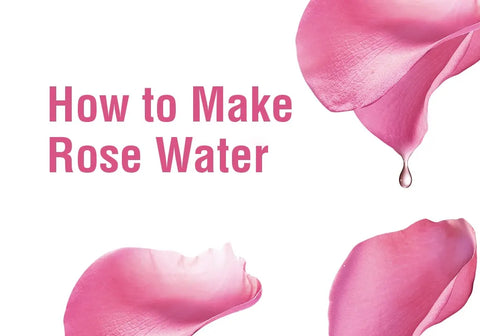
Cleopatra knew what she was doing!
Historians trace the tradition of making rose water back to Mesopotamia, where people often used it to treat common ailments such as nausea, headaches and indigestion.
Since then:
- Historians believe Cleopatra used it as a facial toner,
- Michelangelo wrote that he drank it in his daily cup of tea,
- Leaders in medieval Europe traditionally used it to wash their hands before a feast or special meal, and
- Builders in ancient Baghdad mixed it with mortar for their mosques.
For centuries, people have used rose water for a variety of religious and spiritual practices, including scattering it at weddings to ensure a happy marriage.
Today, people still frequently incorporate rose water in prayer and meditation. And our aestheticians and doctors still recommend it! Dermatologists recommend rose water to calm skin inflammations and doctors recommend it to ease digestion and anxiety. You can find it backstage at runway shows and, increasingly, in natural beauty products.
How to make rose water
So how can you make rose water at home?
With Valentine’s Day a week behind us, roses are on sale at most local flower shops and supermarkets, making this the perfect week to make your first batch of rose water.
Tips and Tricks:
-
If you are planning on drinking or cooking with the water, make sure you use an edible rose, such as Rosa damascena, Rosa centifolia and Rosa gallica.
-
Organic and pesticide-free roses are best. If you are unsure if yours are, ask the florist.
-
Do not steep roses in plastic containers, as they contain BPA and other harmful chemicals. Make sure you use a safe container that does not leak toxins into your rose water.
Steeping method – from fresh rose petals (lasts a week)
You’ll need:
- Strainer
- A large, wide-mouthed bottle
- 1 cup fresh rose petals
- 2 cups distilled water
- Pot with lid
- Water
- Bowl
Tear the rose petals off of the roses and rinse them in the strainer. Put the rose petals and the water in the covered pot on the stove and set the heat to low. Do not boil or simmer the petals – doing so will destroy some of their properties. Just let them steep in the hot water for 20 minutes.
Next, after 20 minutes, pour the water over the strainer into the bowl. Discard the petals. Finally, store the rose water in the stainless steel bottle in the refrigerator for up to one week.
Steeping method – from dried rose petals (lasts a week)
You’ll need:
A large, wide-mouthed bottle
¼ cup dried rose petals
1 ¼ cup hot, distilled water
Bowl
Strainer
Water
Ice Combine hot, distilled water and rose petals in the bottle. Next, put the top on the bottle and let steep for 15 minutes.
After 15 minutes, pour the water over the strainer into the bowl. Finally, discard the petals. Rinse out the stainless steel bottle, and store the rose water in it in the refrigerator for up to one week.
Distilled method – from fresh or dried rose petals (lasts up to six months)
You’ll need:
- A large, wide-mouthed bottle
- Pot with lid
- Either 1 ½ cups of dried rose petals or 4 cups of fresh rose petals
- Water
- Ice
- Brick
- Bowl
Place the clean brick in the center of the pot. Next, put the bowl (either glass or metal) on top of the brick. Lay the roses on the bottom of the pot around the brick and gently press them down. Pour water into the pot over the petals until the water is just below the top of the brick.
Place the lid upside-down on top of the pot. Put some ice cubes on top of the lid. Bring the water in the pot to a boil, then reduce to a very low simmer. Simmer for about 30 minutes, replacing the ice as it melts.
Finally, remove the pot from the heat and take off the lid, making sure none of the melted ice falls into the pot. Let it cool completely.
Once cool, put the water that has collected in the bowl into your bottle – this is your rose water! Store it in a cool, dark place or the refrigerator for up to six months.
How to use your rose water
For drinking
Studies show that rose water has anti-aging properties. Drinking rose water can help hydrate your skin from the inside out, preventing wrinkles and making your skin look younger and plumper.
Drinking rose water can also help you improve your physical and mental health in many ways:
- Rose water contains Vitamins A, C, E and B, which all can help relief stress and anxiety,
- Studies show that rose water can ease bloating, fluid retention and constipation and improve digestion, and
- If you have a sore throat, rose water’s anti-inflammatory properties can help sooth it.
Tip: Add some mint, lemon or berries to your rose water for extra flavor.
Quick tip: For more creative approaches to daily hydration like these, learn about creating a personalized hydration routine in our hydration guide.
Get the free guide: How to Rehydrate
For cooking
Although many associate roses solely with their scent, most don’t know that rose petals contain flavanoids, potent disease fighters. Also present in green tea, chocolate and other “superfoods,” flavanoids can protect against cancers and can improve brain health, heart health and allergies.
- Add rose water to your smoothies
- Add rose water to your salad dressings and marinades
- Use in jams, jellies and compotes
- Put a splash in your tea, like Michelangelo!
For skincare
Rosewater is great at maintaining the pH balance of your skin, which can prevent breakouts. Topically, rose water’s anti-inflammatory properties can ease rosacea and acne, as well as bug bites and eczema.
- Rose water helps regenerate skin cells,
- When put on skin, it acts as a calming agent with antibacterial properties, and
- Spray it on your face and use it as a toner to help moisturize it.
Tip: Use it to remove your makeup, or put some on a wet washcloth and place over tired eyes for relief.
For aromatherapy
Studies show that the scent of rose is proven to reduce blood pressure and cortisol levels. In Ayurvedic medicine, people use rose water to soothe the heart and emotions. A powerful mood enhancer, rose water can alleviate anxiety and make you feel better overall.
Tip: Store rose water in a spray bottle next to your bed and spray on your pillow each night before you go to sleep.
Don’t let yucky chemicals seep into your rose water!
Need a container to store your rose water in that won’t leach BPA or other toxins into it? Our BPA-free, stainless steel water bottles are perfect for making, storing and carrying rose water with you all day long.

